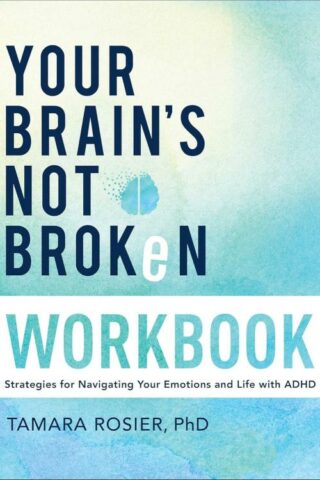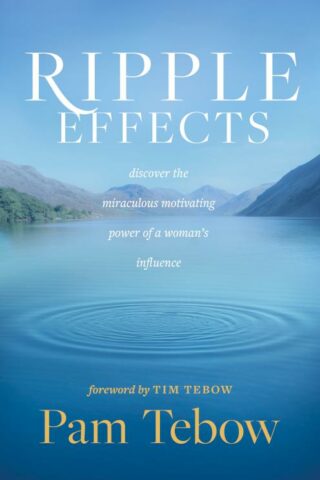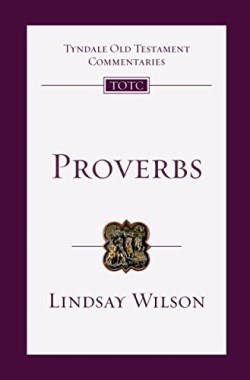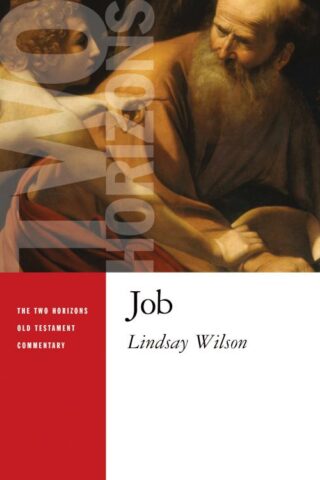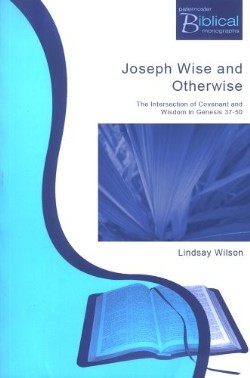Lindsay Wilson
Showing all 3 resultsSorted by latest
-
Proverbs : An Introduction And Commentary
$34.99In many ways, Proverbs is similar to the wisdom literature of the wider ancient Near East. However, while the book initially appears to consist primarily of practical advice, wisdom is grounded in a relationship with God.
In this replacement Tyndale Commentary, Lindsay Wilson shows how the first nine chapters provide a reading guide for the many proverbs in subsequent chapters; and how the fear of the Lord, choosing wisdom not folly, and having our characters formed by wisdom are crucial for understanding Proverbs as Christian Scripture and living out our faith in daily life.
The Tyndale Commentaries are designed to help the reader of the Bible understand what the text says and what it means. The Introduction to each book gives a concise but thorough treatment of its authorship, date, original setting, and purpose. Following a structural Analysis, the Commentary takes the book section by section, drawing out its main themes, and also comments on individual verses and problems of interpretation. Additional Notes provide fuller discussion of particular difficulties.
In the new Old Testament volumes, the commentary on each section of the text is structured under three headings: Context, Comment, and Meaning. The goal is to explain the true meaning of the Bible and make its message plain.
Add to cartin stock within 3-5 days of online purchase
-
Job
$50.99In this commentary Lindsay Wilson shows the book of Job to be a coherent literary work that addresses this question: Is it possible for humans to have genuine faith in God regardless of their circumstances? Wilson argues that Job’s bold, sometimes questioning cries to God are portrayed as legitimate expressions of trust for a righteous person in adversity.
Through critical exegesis of the text, Wilson focuses on the message of Job and its implications for practical ministry, examining such key issues as suffering, justice, lament, and faith. He also touches on various pertinent topics in Christian ethics, including individual character, wealth, suicide, and the environment. In a final section Wilson offers guidance on using Job as a resource book for pastoral care and prayer, and he discusses how to teach and preach from the book of Job.
Add to cartin stock within 3-5 days of online purchase
-
Joseph Wise And Otherwise
$66.65This book offers a careful literary reading of Genesis 37-50 that argues that the Joseph story contains both strong covenant themes and many wisdom-like elements. The author examines how these “wisdom-like elements” relate to the story as a whole. Chapter 37 establishes that God will cause Joseph to rise to prominence. The intriguing story of Tamar in chapter 38 is seen as a kind of microcosm of the entire Joseph story, with Tamar securing life, justice, and reconciliation through her wise initiatives, leading ultimately to the preservation of the line of promise. Joseph’s public use of wisdom is considered in chapters 39-41, where he uses power successfully and with discernment. Joseph’s private use of wisdom occupies chapters 42-45, as Joseph brings about change in his brothers and extends forgiveness to them. Chapters 46-50 complete the story by weaving the concerns of the previous chapters into the fabric of God’s purposes for his covenant people.
Add to cartin stock within 3-5 days of online purchase

